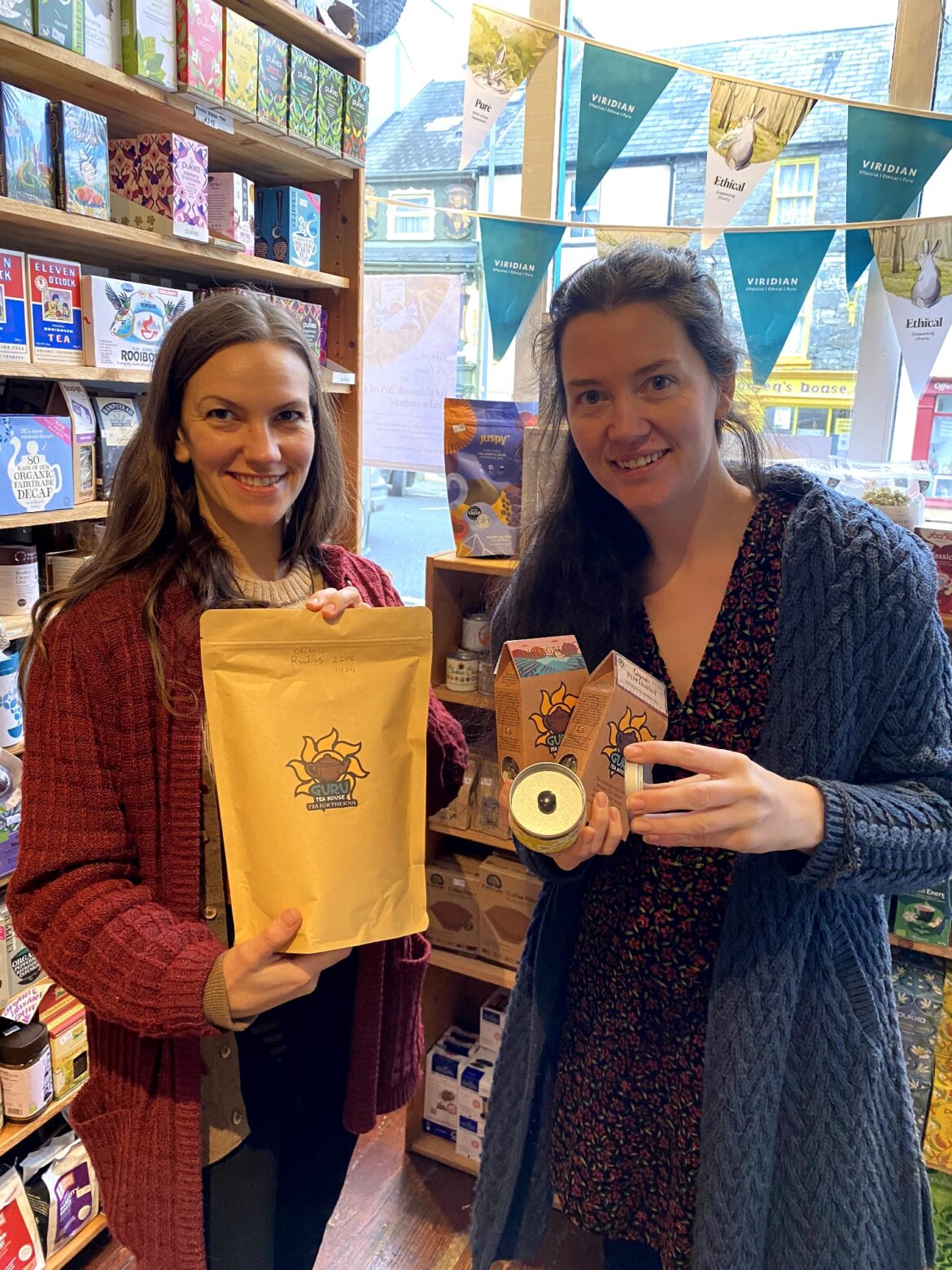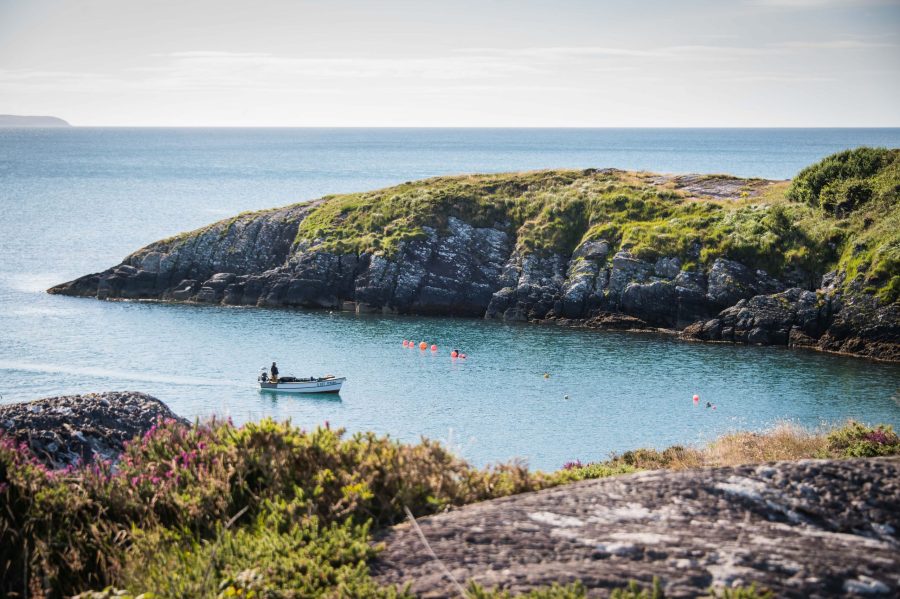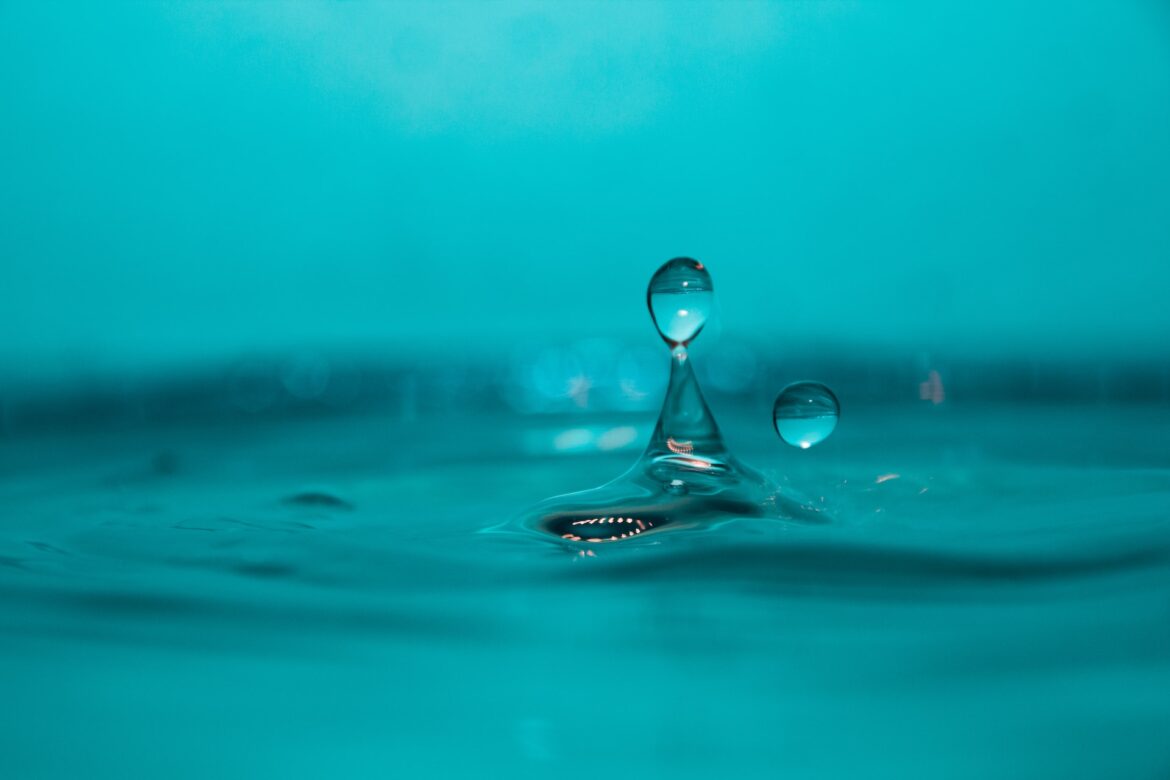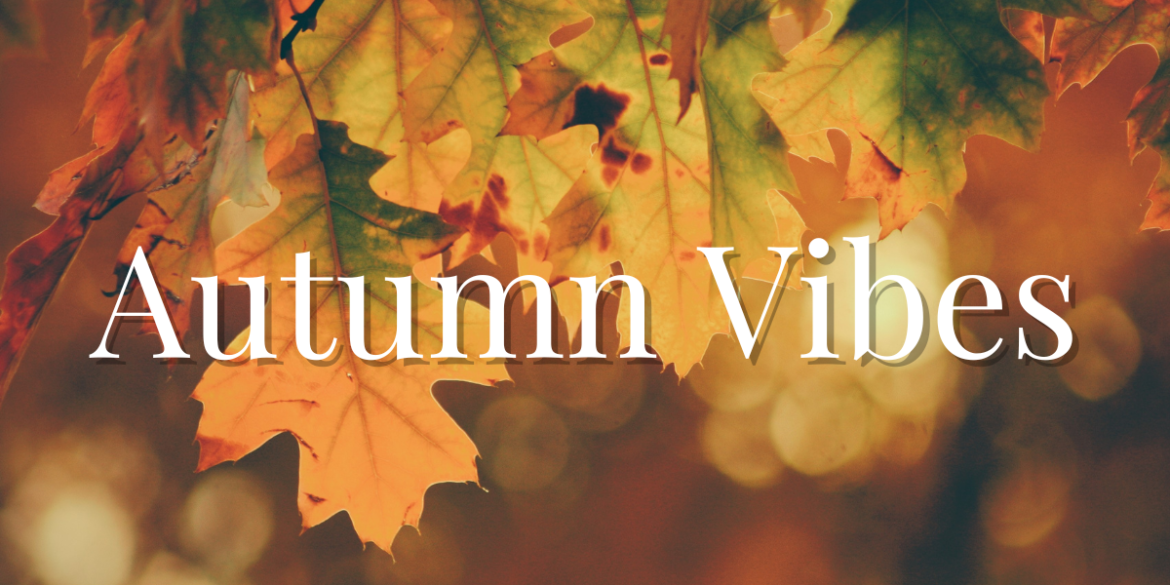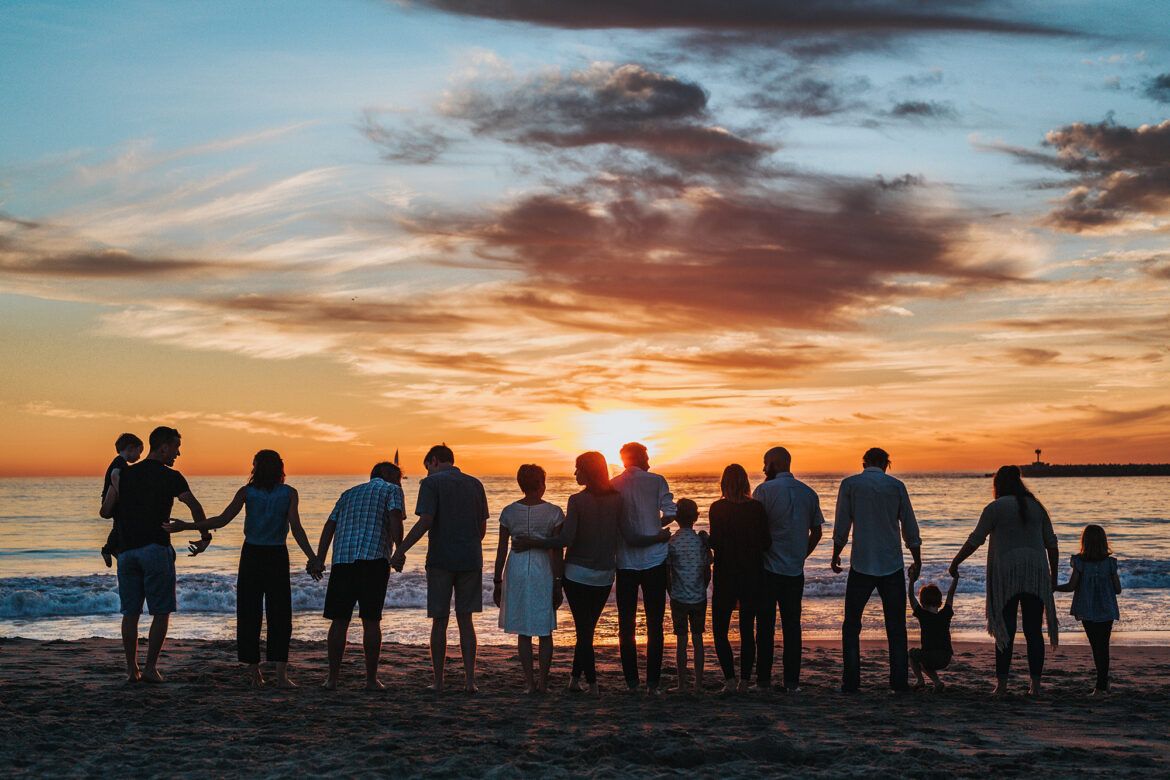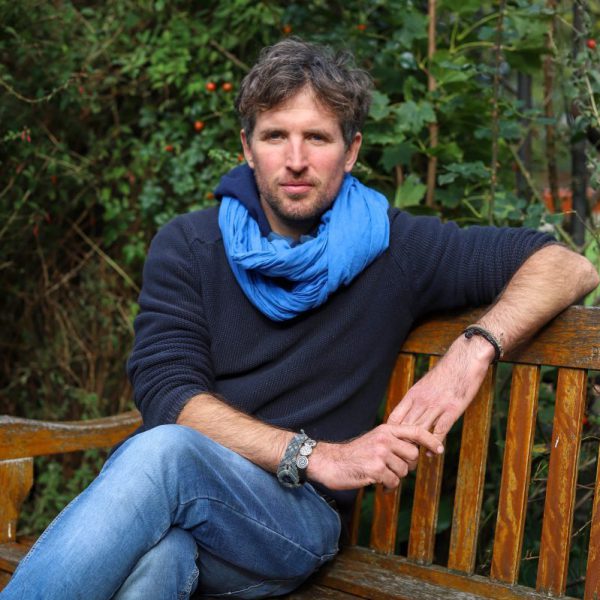Our autumn issue is out now. We caught up with four of our readers to find out what awareness means to them. Dive on in to find out more…
Tag:
community
Our Autumn 2021 issue featured a wonderfully thought-provoking features from Rob Ó Cobhthaigh of Inwardbound – he explored how we can begin to create the communities we would like to see. Read his piece below.
Newer Posts


